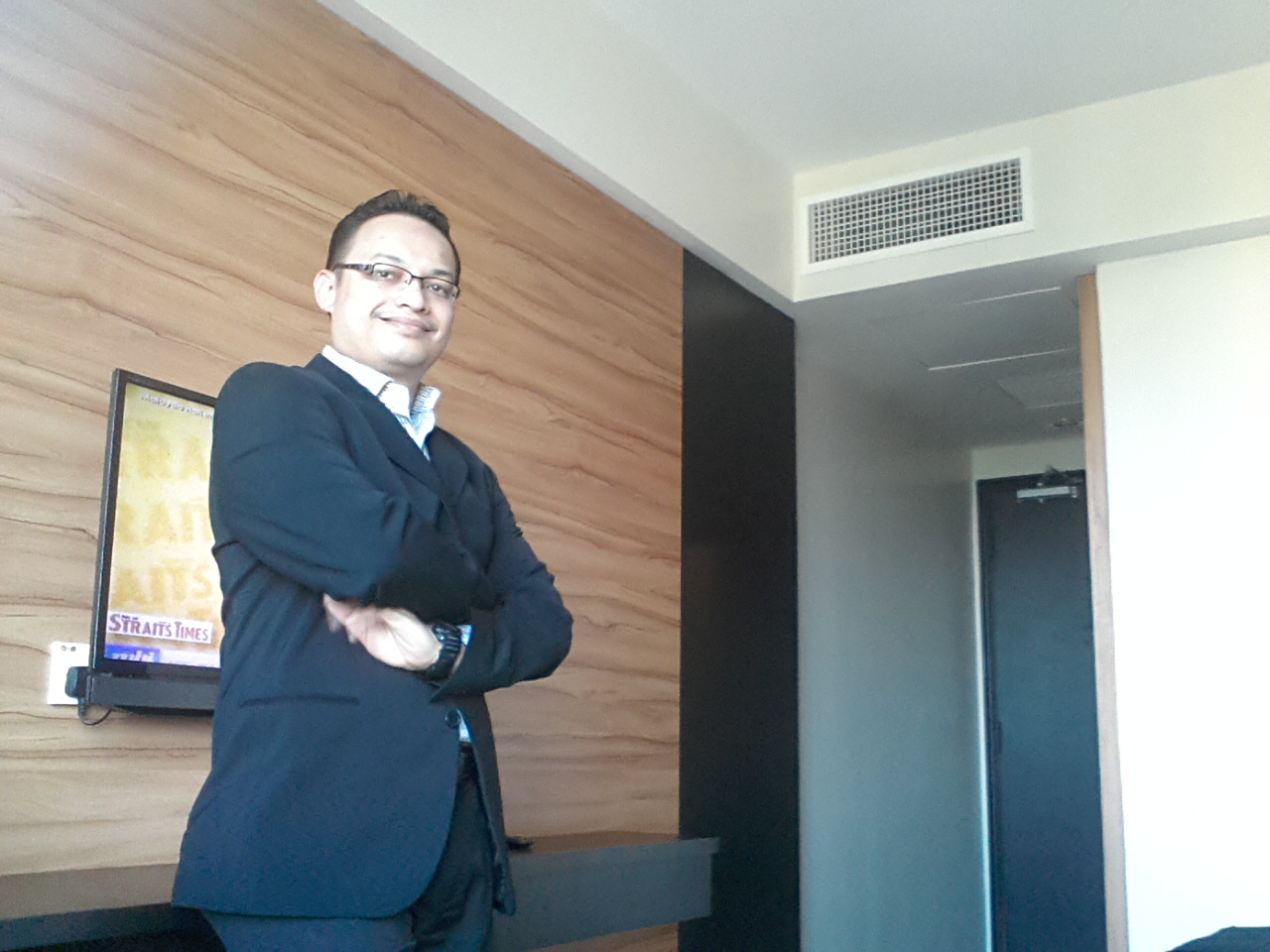We’re all familiar with the job interview process. If you’ve been through one or more, it was probably very straightforward…
You sit across from someone with your resume. You know the job you’re going for, they know a bit about your past. They ask you some ‘why’ and ‘how’ questions, some of which are predictable, others that are less predictable (but probably nothing too surprising).
It’s a boring process that has ultimately become more of a routine than a necessity—studies have even shown that candidates for jobs who interview later are most likely to get the role!
So, it’s important to stand out and to make the most of it. You can no longer just follow the rules and cleverly explain your three biggest strengths and weaknesses. Here’s what Fast Company’s Marc Cenedela advises:
1. Clarify in advance
Ask what they’re looking for before going to the interview. Don’t be afraid to get specific. Find someone from within the company, maybe in HR, and ask about the three qualities they value most.
It might seem like cheating to ask what to expect before an interview, but it actually just shows that you care and are willing to take initiative.
2. Find stories from your resume
Based on what you can glean from asking in advance, prepare some specific stories on why you reflect the values the company holds. Is there some specific skill they’re looking for that’s more important than others? What kind of community is it? Do you have experience similar to the kind of tasks that will be assigned to you in the role?
You should always be prepared to tell stories of your successful moments and describe your value. Asking in advance just allows you to prepare more precisely.
3. It’s not one-sided
People fall in the trap of just focusing on what the employer wants. What about what you want? You must be certain this is the correct job for you. Ask yourself: is it in line with your goals and values? Is this what you want at this point in your career? Is it going to give you the experience you need and develop skills that are relevant to what you want to achieve?
4. Ask
Don’t be passive. Always have questions of your own prepared, and if anything is unclear to you during the conversation, be bold in asking for clarification.
No matter the job, scenario, or organization, you should be able to find things you’re either unsure or curious about. Remember: Getting the job means that you’ll be contributing and making an impact. Take seriously whether you’re comfortable with that, with helping that organization grow, and think critically about how you’ll fit in. This sort of mindset should leave you with plenty of questions.
Cheers,
Alex Mehr, PhD

